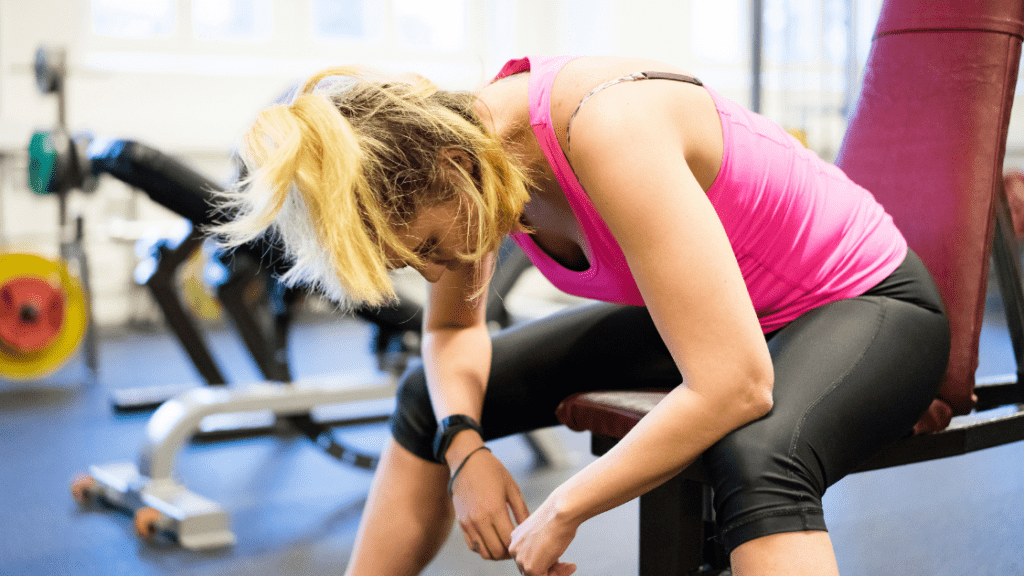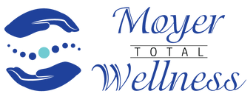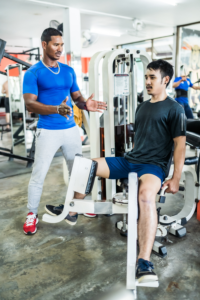The Importance of Starting Slowly

These days, nearly everyone I know is stoked about the gyms reopening. As restrictions lift, we can finally return to our forsaken barbells and rowers! Before 2020, who’d have thought there’d come a day when we’d all be overjoyed to hop on a hip abductor machine?
Yes, that thing.
Well, that day has come, and we’ve all earned that excitement. But before you pound the protein bar and set off for the longest elliptical ride of your life, remember one thing: start slowly.
Why Start Slowly
After a hiatus from your workout routine, or at the start of a newfound interest in fitness, grandiose plans aren’t unusual at all. However, those grandiose plans are quite likely to dwindle as time goes on. Think about how packed the gyms are on January 1st of every single year since the dawn of gyms. Loads of gym memberships are purchased at the start, yet a good fraction of those end up rarely (or never) used as the weeks progress. And a top reason for this? The insistence on going full blast early on. I’ve talked about this before in a fitness journaling blog.
Now why exactly does the interest, motivation, and participation plummet?
Injury
- You’ll more than likely wake with full body muscle aches the next morning. Or in a more serious case, you can end up in an exercise-related accident and break a bone. Your body needs time to build up strength and endurance.
- Listen to your body. If you’re in pain or holding your breath, you need to slow down or lessen the load.
- There’s nothing wrong with starting small, especially if you’re making a lifestyle change and weren’t a regular exerciser in the past. A few minutes of exercise, with long breaks until the next burst, is ok in the beginning. You won’t be as sore later on, and thus are less likely to lose motivation.
Tiredness
- If it’s been a long while since your last serious workout, your energy level has likely decreased over time. Regular exercise boosts energy and decreases fatigue… but do note the word regular. If it’s day one of your new or renewed fitness journey and you beat the daylights out of a 70-pound punching bag for six hours straight… yeah, just no. Who knows what time you’ll wake up the next day. You’ll be in no shape or mood to hit the gym, and your exhaustion may cause you to think “Nah, this isn’t worth it.”
Sickness
- You can absolutely make yourself sick if you overdo it. Electrolyte imbalance is no joke, and it’s caused by fluid loss. Mild electrolyte imbalance may cause dizziness and nausea. If prolonged, however, the imbalance can become an electrolyte disorder.
- Symptoms of electrolyte disorder include irregular heartbeat, fatigue, lethargy, seizures, vomiting, digestive issues, abdominal cramps, weakness, irritability, confusion, headaches, numbness and/or tingling.
- Always stay on top of your hydration. And if you experience any of the symptoms above while working out, STOP.
Unrealistic Expectations
- You may have lifted like a machine or sprinted twenty miles on day #1, and I must say that’s impressive! However, your gut might be a bit flabby, and your biceps aren’t the size of steamboats yet. In fact, you might even think you look less in shape than you did before the iron pumping. Your lack of results might make you want to give up entirely, when all you really need to do is slow down! Your bloated belly is likely just a result of water retention, which is a very normal response to starting a new fitness regimen. And your muscles need more time to strengthen and grow. Know that instant results are not a thing.
- It’s a good idea to consult a personal trainer. You’ll get a fitness plan tailored to your needs, and a general idea of what realistic goals look like.
The Takeaway
On average, it takes a minimum of two months for a new habit to become an automatic one. It’s not just your muscles that need to adjust to the changes; your behavior patterns need a chance to catch up too. Your body and brain may feel confused and abused if you push them too hard too early on. So, either ease into your new healthy lifestyle, or slow it down. Your strength, energy, and overall mood will thank you some time from now!

Katrina Jenkins
Author, Licensed Massage Therapist
Katrina Jenkins graduated from Towson University in 2013 with a Bachelor’s Degree in Health Science and worked as a nurse’s aide briefly before pursuing her true passion. She graduated from the Massage Therapy Institute of Colorado in April 2016 with honors and completed the Touch of Healers Scholarship Program the following summer. She has been a part of the Moyer Total Wellness Team since the summer of 2017.
Resources
Gardner, B., Lally, P. and Wardle, J. (2012). Making health habitual: the psychology of “habit-formation” and general practice. British Journal of General Practice, [online] 62(605), pp.664–666. Available at: https://www.ncbi.nlm.nih.gov/pmc/articles/PMC3505409/.
Holland, K. (2013). What You Need to Know About Electrolyte Disorders. [online] Healthline. Available at: https://www.healthline.com/health/electrolyte-disorders#causes.
Oh, S.M., Bae, W.K., Choo, S.R., Kim, H.T., Kim, H.H., Lee, S.H. and Jeong, H.S. (2016). Relationship between Changes in Fatigue and Exercise by Follow-Up Period. Korean Journal of Family Medicine, [online] 37(2), pp.78–84. Available at: https://www.ncbi.nlm.nih.gov/pmc/articles/PMC4826995/.
Semeco, A. (2017). How to Start Exercising: A Beginner’s Guide to Working Out. [online] Healthline. Available at: https://www.healthline.com/nutrition/how-to-start-exercising.
Photo Credit
Canva by joachimbago
Canva by itsskin

